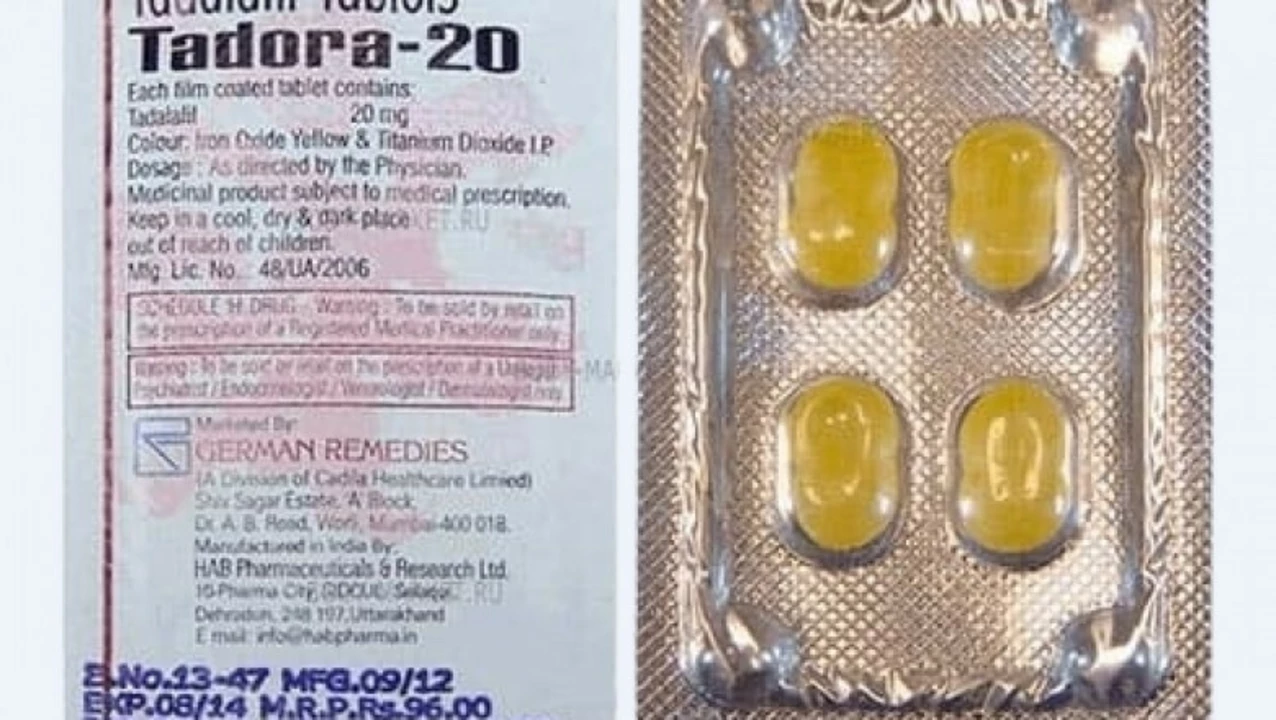Children’s Medication: Practical Safety Tips Every Parent Needs
Giving medicine to a child feels risky — and it can be if you skip a few basic checks. This page gives straight, useful rules you can use right away: how to dose by weight, what to watch for, when to call the doctor, and how to buy meds online without getting burned.
Quick dosing rules
Always dose kids by weight, not age, unless the label says otherwise. If you don’t have the child’s weight, ask at the clinic or use a recent checkup record. Use the measuring device that comes with the medicine — kitchen spoons are unreliable. For liquid acetaminophen or ibuprofen, measure in milliliters (mL) and match the recommended mg/kg dose on the leaflet or from your pediatrician.
Keep a dosing log for multi-dose schedules: note time, dose, and who gave it. That avoids accidental double-dosing when several caregivers are involved. If a dose is missed and it’s close to the next dose, skip it rather than double up.
Buying, storing, and spotting unsafe meds
Only buy prescription meds like antibiotics (e.g., azithromycin), antivirals (e.g., aciclovir), or epilepsy drugs with a valid prescription. If you shop online, pick pharmacies with a real phone number, physical address, and clear prescription requirements. Avoid offers that sell prescription-only drugs without asking for a prescription or that offer prices that seem unrealistically low.
Store medicines in a locked or high cupboard out of reach and sight. Keep original packaging so dosing instructions and expiry dates stay with the drug. Dispose of expired or unused medicine through a pharmacy take-back program — don’t flush or toss them in household trash where a child or pet could reach them.
Know common warning signs that need urgent care: trouble breathing, swelling of the face or lips, severe rash, repeated vomiting, seizures, or a fever in an infant under 3 months. For high fevers or any sudden behavioral change, contact your pediatrician or emergency care promptly.
Be extra careful with multi-ingredient products. Cold and cough syrups often contain more than one active drug. Don’t give two products that contain the same active ingredient (for example, two acetaminophen-containing medicines) — that can cause overdose by accident.
Ask your pharmacist about interactions if your child takes more than one medicine or has chronic conditions. Write down all medications, vitamins, and supplements and bring the list to appointments. When in doubt, call your pediatrician — it’s faster and safer than guessing.
Small steps prevent big problems: weigh your child, use the right measuring tool, keep medicines locked, and only buy prescription drugs from trusted sources. If you want, check our guides on specific drugs and safe online pharmacies to learn more about a particular medicine before you buy.
Carbamazepine for Children: Safety, Dosage, and Side Effects
As a parent, I know how important it is to keep our children safe, especially when it comes to medications. Recently, I've been researching Carbamazepine, a drug used to treat epilepsy and other conditions in children. From what I've gathered, it's crucial to follow the prescribed dosage to ensure safety, as too much or too little can be harmful. Like all medications, there are potential side effects, such as dizziness, nausea, and in rare cases, more severe reactions. Always consult with a healthcare professional before starting any new medication for your child.
© 2026. All rights reserved.

